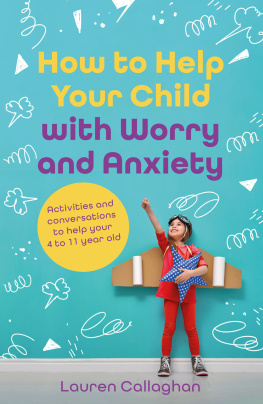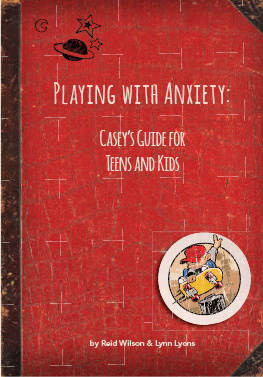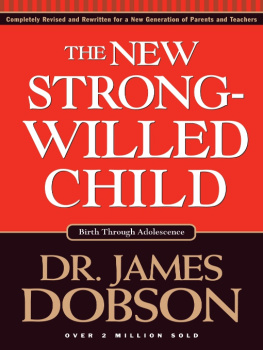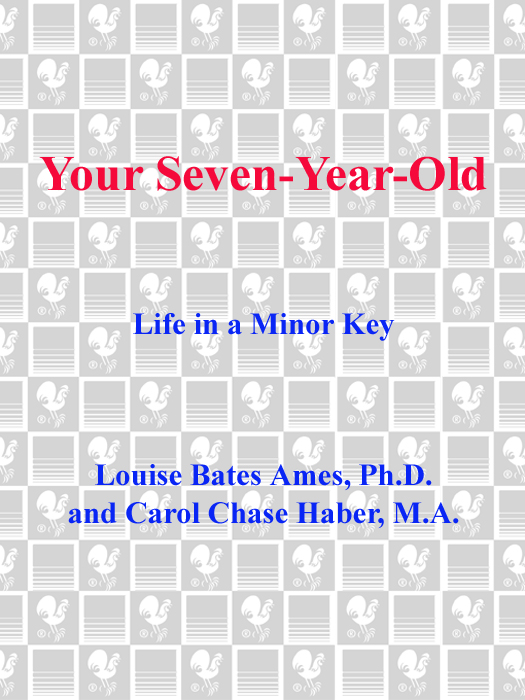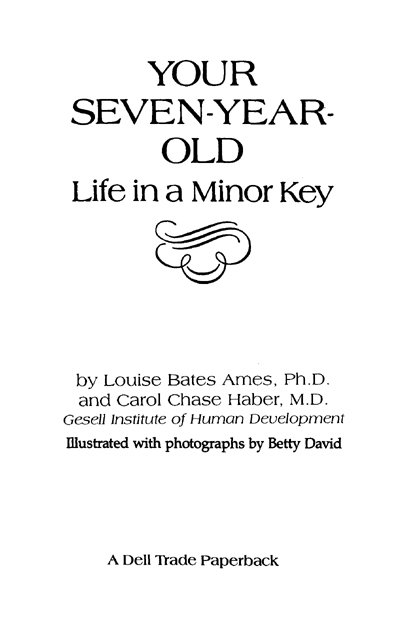CAN
YOUR SEVEN-YEAR-OLD
MAKE YOU A HAPPIER, LESS STRESSED,
AND MORE EFFECTIVE PARENT?
YOU BET!
FIND OUT ABOUT
Common fears of Seven-year-olds which ones do you need to worry about? See .
How much household responsibility your child should have and whether offering money for doing chores will help or hurt. See .
Food preferences what are normal likes and dislikes, and when should parents stick to their guns about eating habits? See .
Discipline techniques why the old ones may stop working at Seven years and which important parenting approach is most recommended now. See .
School problems to expect and twenty-one specific things to look for to determine if your child is ready for second grade. See .
Giving a successful party for a Seven-year-old and friends a step-by-step guide to having a great time. See .
and more!
YOUR SEVEN-YEAR-OLD
I think [these books] are delightful and likely to capture the imagination of young parents enough to get them through these years. I think the books will be both a pleasure and support for many parents.
T. Berry Brazelton, M.D., author of Toddlers and Parents and Infants and Mothers
These are cheerful, optimistic books. I agree with just about everything they say.
Lendon Smith, M.D., author of Feed Your Kids Right
A Dell Trade Paperback
Published by
Dell Publishing
a division of
Bantam Doubleday Dell Publishing Group, Inc.
1540 Broadway
New York, New York 10036
Copyright 1985 by The Gesell Institute of Child
Development, Frances L. Ilg, and Louise Bates Ames
All rights reserved. No part of this book may be reproduced or transmitted in any form or by any means, electronic or mechanical, including photocopying, recording or by any information storage and retrieval system, without the written permission of the Publisher, except where permitted by law. For Information address Delacorte Press, New York, New York.
The trademark Dell is registered in the
U.S. Patent and Trademark Office.
eISBN: 978-0-307-80899-8
Reprinted by arrangement with Delacorte Press
v3.1
CONTENTS
chapter one
CHARACTERISTICS OF THE AGE
The Seven-year-old is a very special person and Seven a unique and highly distinctive age. It stands out, coming as it does between the positive vigor of Six and the broad expansiveness of Eight.
Although any Seven, like anybody else, will have his many moments of exuberance, security and happiness, this is in general an age of withdrawal, of pulling in, of calming down. As it begins, parents and teachers may be somewhat relieved. A little calm and quiet is welcome after the tussles and tangles of Six.
But once the child of Seven starts to withdraw, it is almost as though he doesnt know where or when to stop. He goes on and on with his withdrawal until it almost seems that he might be more comfortable and contented if there were actually no other people in the world. Some Six-year-olds seem ready to talk to almost anybody, to share themselves and their ideas and warm emotions. Seven may be much more silent and less giving in company.
People all too often do not behave in a way that satisfies the child of this age, who thinks they are mean, hateful, unfriendly, always picking on him. He thinks his teacher, especially, picks on him, and parents of Seven-year-olds are well advised not to believe all the tales of maltreatment and unfairness that their children may bring home from school.
Seven-year-olds tend to think that people dont like them, or fear that people may not like them: Of course the kids will make fun of me. The child may often be moody, morose, and melancholy. Above all, the girl or boy of this age is a worrier: worries about everythingthe atomic bomb, war, hurricanes, that the family may not have enough money.
Seven worries before second grade begins that it will be too difficult and that the things expected may be too hard. A girl worries that her teacher wont like her; she worries not only about her relationship with others but about herself. Any minor pain or discomfort may be interpreted as a fatal illness. If a boy hiccoughs, he may take it as a sign that he is going to die. He may also worry that others close to him will die.
Yes, indeed, Seven has many worries and also many fearsprobably more than at surrounding ages. Sometimes the child is afraid of things that have never happenedof being late for school, for instance. More realistic are such fears as fear of the dark. To him the cellar is full of ominous silences, which he tends to misinterpret. Or he may mistake for a burglar, ghost, or spy the clothes that he hung over a chair when he went to bed.
However, many Sevens have now conquered earlier fears, such as fear of the dentist or of swimming. Also, many are now willing to tackle scary situations, as did the little girl who traveled alone by plane on a summer vacation. Asked if she was frightened, she replied, Yes, but you have to do scary things if youre going to visit your grandmother. Or a boy may use his flashlight to dispel frightening shadows in his closet, or get his sister to precede him down the cellar stairs, saying politely, Ladies first.
In addition to having many worries and fears, the child of this age often feels that he has all the bad luck. As one girl expressed it, Why do I always have the bad luck? Why do things so often happen to me? I might as well be dead. The bad luck in this case was that it was time for her to go to bed.
The Seven-year-old also tends to feel strongly that parents like brothers and sisters better than they like him and that they do more for others in the family than they do for him. Typical is the boy whose father fixed an old bike for the boys Five-year-old brother. The Seven-year-old whined to mother, He never fixes my bike. He never does anything for me. Nobody around here ever does anything for me. Nobody cares about me. I might as well be dead. Mother suggested that the boy look in the garage. Maybe Dad had fixed his bike. No, said the boy, he wouldnt do anything for me. He never does. Actually, the father had already fixed the boys bike as well as his brothers.
Sevens characteristic expression may be a frown, with lips curled downward. Tears come easily, although the child may try to hold them back, because he is embarrassed to cry in front of other people. Also, Seven is easily disappointed. Things so often do not turn out as expected. If things go wrong at play, he is likely to leave the group, mumbling to himself, Im quittin. At home a Seven-year-old boy rushes to his room and slams the door; he may even threaten to run away from home. This is not the expansive exuberance that sometimes drove the Four-year-old out into the world, but is simply a desire to get away from what he may consider an intolerable situation.
Seven is a good listener and, within his own limits, a good student. He likes to read or be read to, watch TV, talk things over, and work things out for himself. A difficult intellectual problem can prove a challenge rather than cause the frustration it might have at Six.
In fact, Seven can be a delightful age if the adult is willing to accept the childs feelings and sensitivities, frequent brooding, and sulking, moodiness, as well as the more pleasant aspects of this quiet, withdrawn age.


